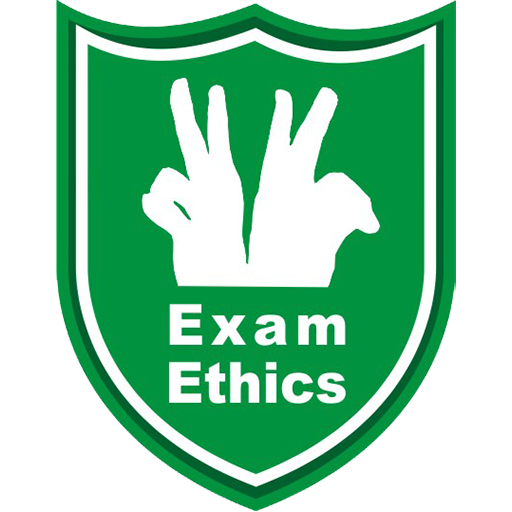This article is culled from The Excel Guidebook for Students: how to excel in exams, based on ethics compliant principles (Fourth Edition). The Excel Guidebook for Students is published by Exam Ethics Marshal International.
LAW OF RESEARCH
Knowledge of the WHO, WHAT, WHERE, WHEN AND HOW of the examination facilitates excellent performance.
Knowledge of the WHO, WHAT, WHERE, WHEN AND HOW of the examination facilitates excellent performance.
Who is your examiner?
Who is the examiner? In internal examinations, your examiner is most likely to be your teacher. In which case, find out his or her areas of special interests; what are his or her current research interests; what books or papers has he published; etc. Answers to these questions may give you a fair insight into the kind of questions to expect. In the case of external examiners, it may be difficult to know them. Section two of this book deal with views of examiners in terms of the strengths and weaknesses of students in specific subjects. Read these insights carefully so as to know things that are likely to impress examiners.
What are the likely questions?
It is not possible to know the questions with certainty. But there are things that can give you an idea. One aspect of working hard is to listen attentively to your teachers. Make a special note of topics or points where your teachers use any of the following phrases;
Most importantly..
The major points are…
The central issues are..
The essence of…
Take careful note of…
The essential topics in the book are…
Most often than not, teachers give away examination topics with such phrases. It is very useful to assemble past question papers. A careful analysis may identity recurrent topics. You may find that one particular question keeps coming, perhaps, in different formats. Discussion groups are useful in identifying areas of concentration.
When is the exam scheduled to hold-the timetable?
In many examinations, two versions of the time table are normally released. In Universities, for example, a provisional time table is first released. The idea is for all those involved in the examinations, teachers and students, to check for conflicts in terms of some students or teachers having two different papers on the same day, at the same time. After the provisional time-table, keep checking for the final version. Many students who relied only on provisional time tables found themselves arriving at the examination venue only to be told that their papers was held the previous day or an hour earlier than scheduled.
It is only after you have ascertained the final timetable that you can schedule your final revision plan. Which papers are coming first and which ones are coming later? What time can you devote to each paper for the final revision.
Where will the examination take place?
Is the examination going to take place in your classroom? Are all the papers going to take place there? If so, no problems as you already know where you will be sitting. But if the examination is taking place in various locations or the various papers are scheduled at different venues, then you need to be sure of all the venues. Do not take anything for granted.
Visit each location. Determine how much time you need to move from your house to each of the venues. What about traffic jams? Nothing throws a candidate off balance more than to arrive late for a paper.
How are the questions posed?
As you do final revision, you must work with knowledge of the nature of questions you will be encountering. Which of the following formats will the paper take:
– Essay questions
– Short Answer questions
– True/false format
– Practical tests, etc
Is the paper a combination of the various formats? As we shall see in Chapter 14, each type of question format requires a different answer format. This must be part of your revision exercises.








